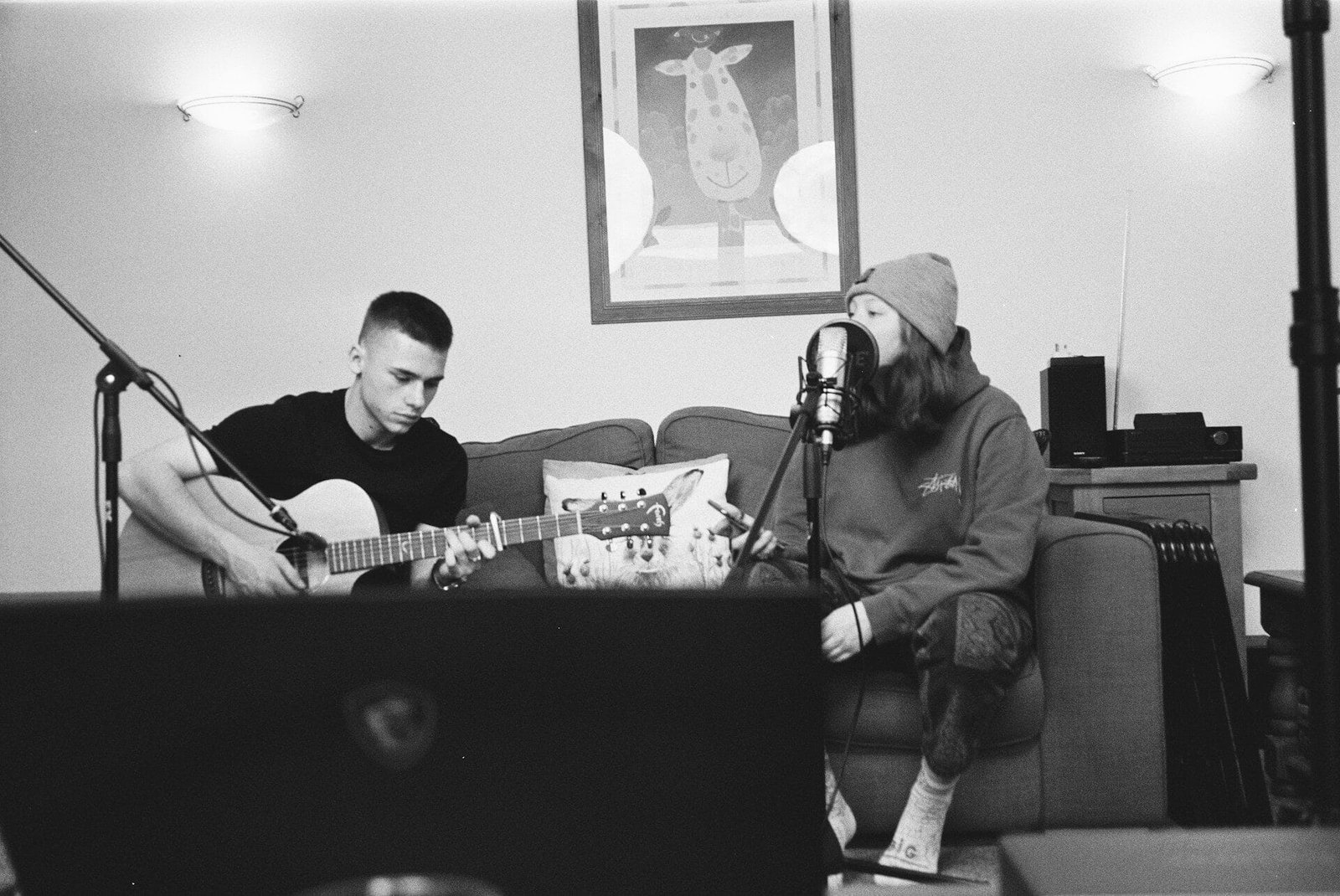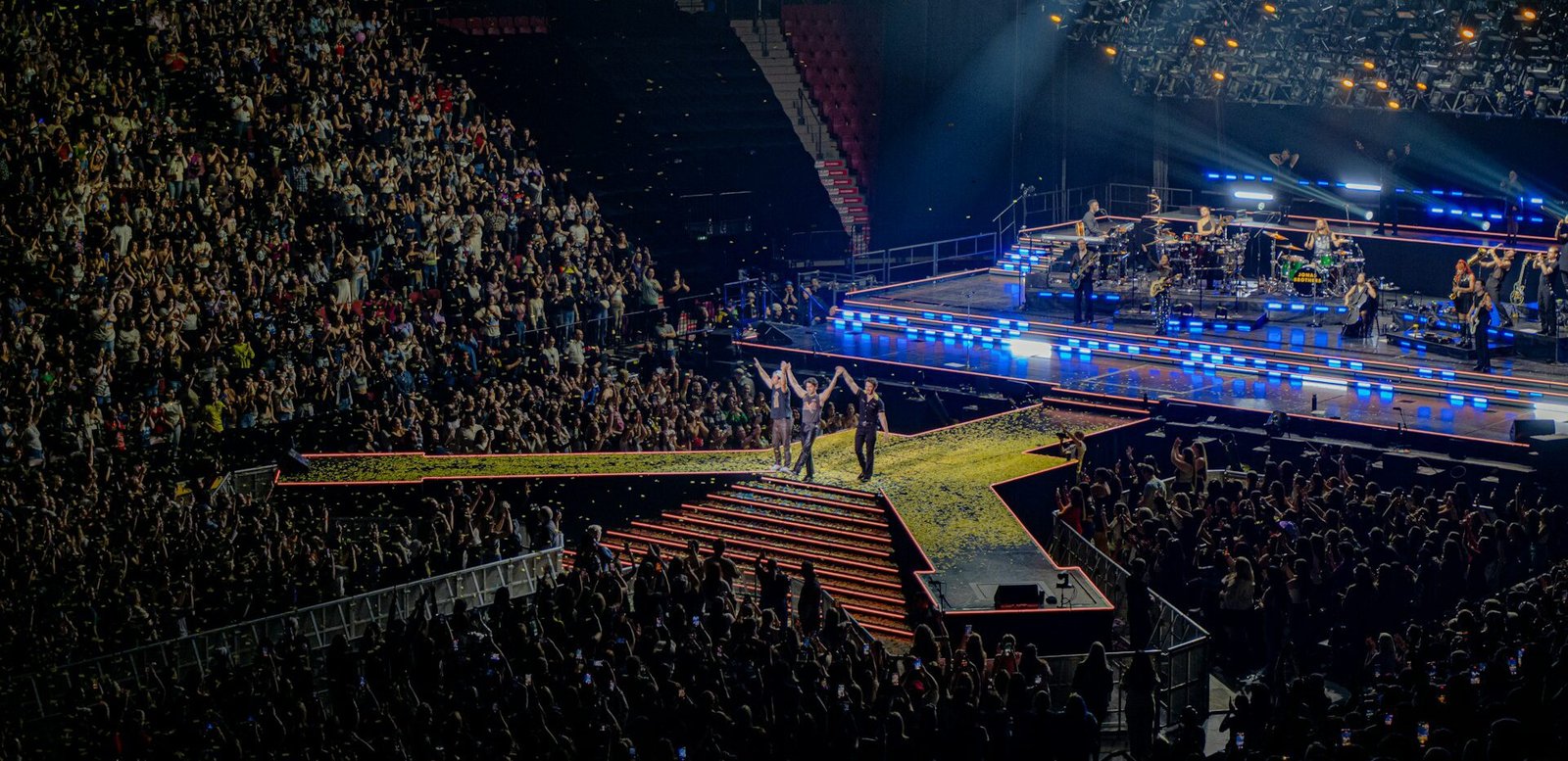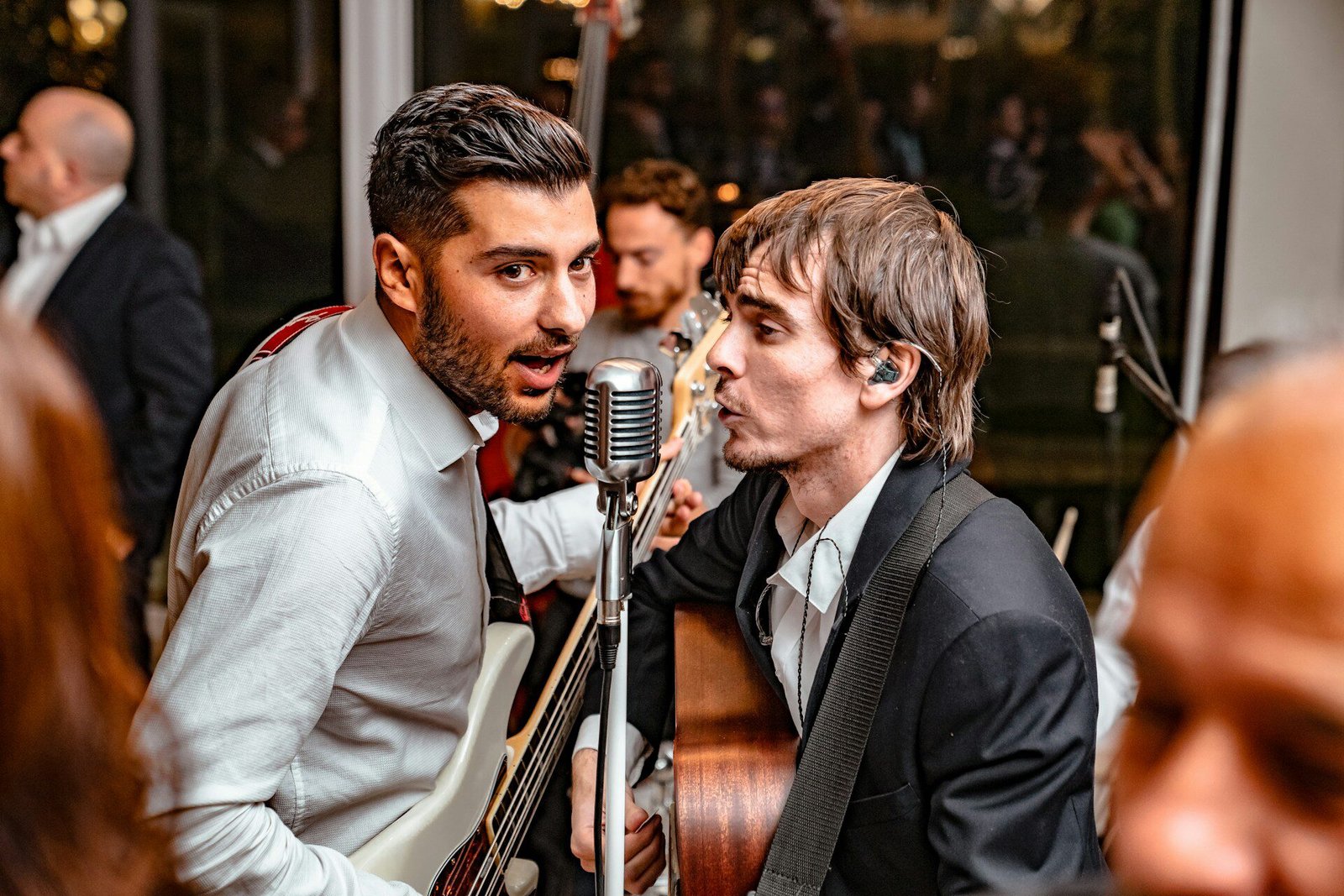Have you ever heard a singer who just blew you away? Their voice is so powerful it sends shivers down your spine. It’s a tad dramatic, but you know what I mean, right?
So, what makes a good singer stand out from the rest?
In this article, you will find the main qualities of the best singers. From the technical skills they need to the artistic flair that makes them captivating performers, we’ll examine what it takes to be a fantastic singer.
Whether you’re a singer or love listening to great vocal talent, understanding these qualities can give you a new appreciation for the magic of the human voice.
The Foundations of Vocal Skill

At the most basic level, top-notch singers have rock-solid technical skills. It starts with breath control – the ability to take a deep breath and release it smoothly to power their singing. Great singers are experts at this, which allows them to sing powerfully and in tune.
They have stunning vocal range and can smoothly move between their lower and higher registers. And they have precision with their pitches, hitting the right notes dead-on without going flat or sharp.
The tone quality of their voice is another crucial factor. The best singers can produce a rich, resonant sound that’s balanced and pleasant sound to listen to across their whole range.
This article gets into the scientific side of what makes a good singer from a technical standpoint. It highlights how crucial skills like precise intonation and vocal control are to being a top-tier vocalist.
Putting Emotion into the Music
But great singing isn’t just about technical mastery. True legends also have a special gift for interpreting a song and connecting with the audience emotionally.
They can tap into the feelings and emotions expressed in the lyrics and direct them into their vocal delivery. Whether it’s joy, heartbreak, or defiance, they can make you feel it through their performance.
Part of this is in how they shape the melody and phrasing. The greats know how to build tension and release, using pauses and dynamics to heighten the drama. They bring the song to life in a natural and heartfelt way.
These singers also have an uncanny ability to highlight the nuances and deeper meaning in the lyrics. They don’t just recite the words – they breathe life into them, using inflection and tone color to paint a vivid picture.
The best part is that they can do this across all different genres. From belting out a power ballad to smoothly crooning a jazz standard, the top vocalists are stylistically versatile masters of their craft.
Commanding the Stage

Of course, being a technically skilled and emotionally expressive singer is only part of the equation. The true greats also have an undeniable stage presence that elevates their performances.
These singers have an outstanding ability to connect with the audience magically. They make eye contact, move for a purpose, and radiate an electric energy that draws you in.
They also have supreme confidence in themselves and their abilities. There’s no hint of nervousness or insecurity – just a commanding presence that makes you believe every word they sing.
Ultimately, the best vocalists don’t just sing a song – they transform the entire performance into an unforgettable event. Their captivating physicality, connection with the crowd, and sheer force of personality turn a simple concert into a transcendent shared experience.
The Musical Mind Behind the Voice
Alongside technical chops and interpretive artistry, the true vocal legends possess a deep, intuitive understanding of the music.
They have rock-solid rhythmic timing, able to lock in seamlessly with the beat and groove of the music. Their vocal delivery has an innate sense of momentum and swagger that makes you want to move.
These singers also have an innate feel for melody and harmony. They seem to “know” where a song wants to go, crafting hooks and embellishments that enhance the musical texture.
The best vocalists often have a working knowledge of music theory. This technical fluency allows them to make informed, creative choices about phrasing, ornamentation, and improvisation.
And when they let loose, you can hear their musical intelligence shining through. Their ability to spontaneously riff and ad-lib at the moment is a testament to how deeply they’ve internalized the language of music.
The Drive to Be Great
Ultimately, unparalleled work ethic and dedication to their craft separate the good singers from the great ones.
The legends don’t just show up and wing it—they put in the hard yards. They constantly train their voice, work with coaches, and drill the technical skills until they become second nature.
And they practice, practice, practice. These singers meticulously prepare each performance, refining their phrasing, cleaning up their intonation, and pushing the boundaries of what their voice can do. (How to prepare voice for singing)
But it’s not just about the repetition – it’s about the passion that fuels it. The true greats aren’t just doing it for the fame or accolades. They have an almost primal urge to express themselves through their instrument – the voice.
What allows them to overcome the inevitable challenges and setbacks of being singers are unwavering dedication and love for their craft. They are using every obstacle as an opportunity to grow stronger.
Daring to Be Different

However, there is one more essential quality the legends set apart: the courage to explore and express new things.
The most impactful singers aren’t afraid to take artistic risks, push the boundaries of convention, and redefine what’s possible with the human voice. Constantly incorporating fresh ideas, they continuously evolve their style and sound.
Underpinning this spirit of innovation is a deep belief in the voice as a vehicle for honest self-expression. These singers use their instruments to convey the full depth and complexity of human experience – the joy, the sorrow, the anger, the transcendence.
This willingness to be vulnerable, to strip their souls, allows the true greats to leave a lasting mark. They inspire us, challenge us to see the world in new ways, and remind us of the sheer power of the human voice.
The Makings of a Legend
So, in the end, what does it take to be considered one of the greatest singers of all time? It combines technical mastery, interpretive brilliance, commanding stage presence, musical intelligence, tireless work ethic, and the courage to explore and express new things.
The true legends aren’t just skilled vocalists – they’re artists who have managed to harness the full transformative power of the human voice. They don’t just sing the notes – they sing with their entire being, inviting us into their world and leaving a permanent mark on our hearts and minds. (Here’s a Detailed guide on how to sing)
That’s what makes a good singer truly special. It’s not just about the voice – But also about the soul, the passion, and the daring spirit that breathes life into it. And those are qualities that will continue to inspire singers and listeners for generations to come.





